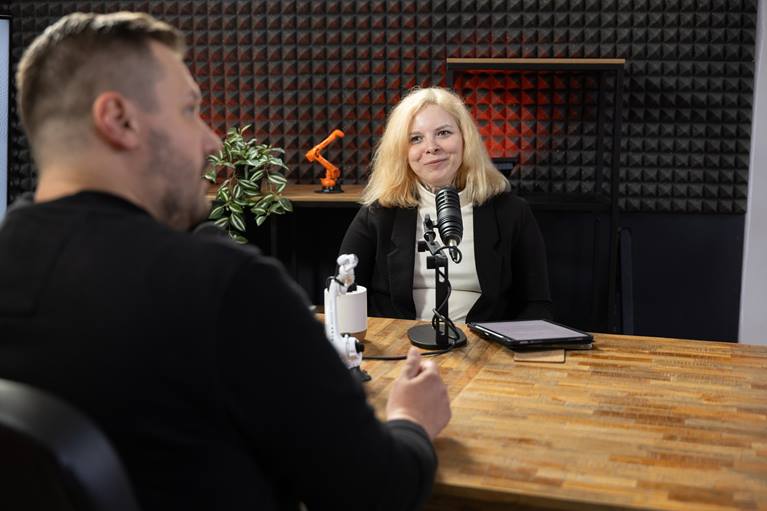What are currently the biggest challenges in implementing the circular economy?
Britta Kempf: "When it comes to implementing circular economy projects, we face several challenges. We need to secure access to critical raw materials and recycling capacities, especially in light of geopolitical developments. Of course, financing measures or introducing and implementing new processes within the company are also important topics."














